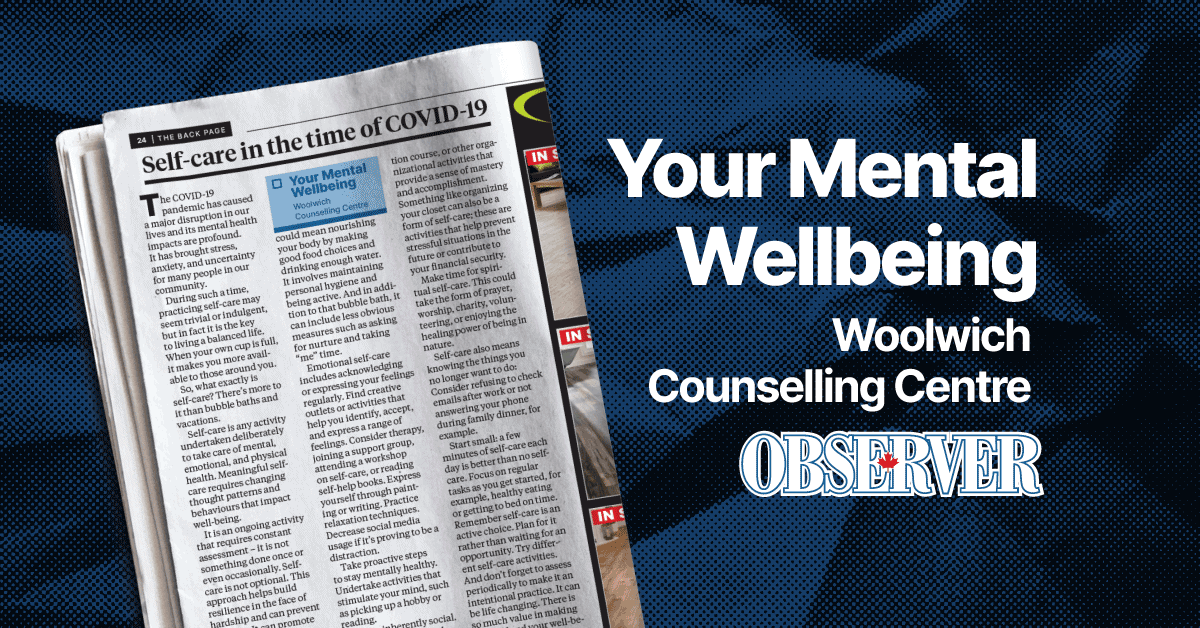;
;
;

Spring is nearly here and with it comes an opportunity for a fresh start. After a long, cold winter, now is the chance to throw open those windows, and let in the warmth. Spring cleaning is an essential part of this season. In addition to refreshing our spaces, decluttering has many mental health be
Last updated on May 03, 23
Posted on Mar 09, 23
2 min read
